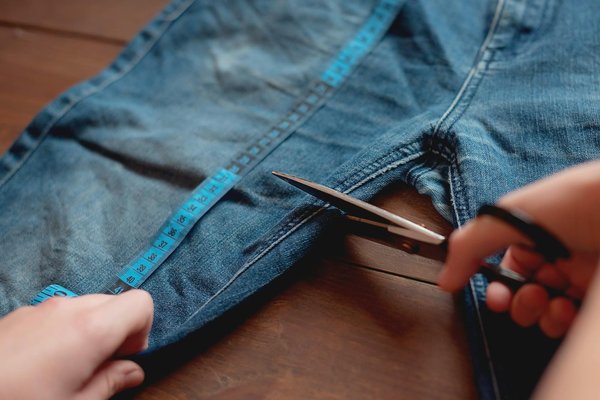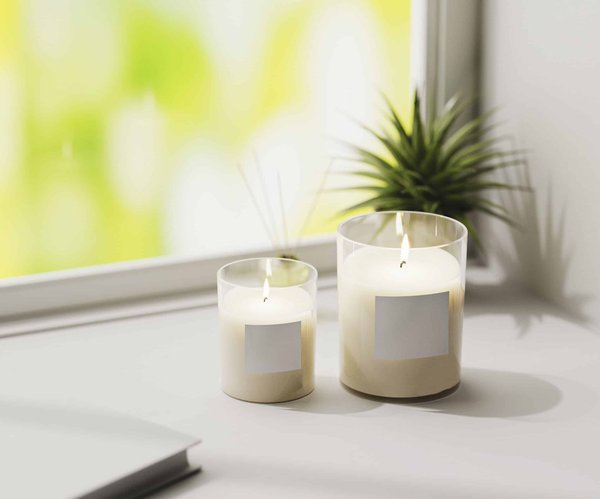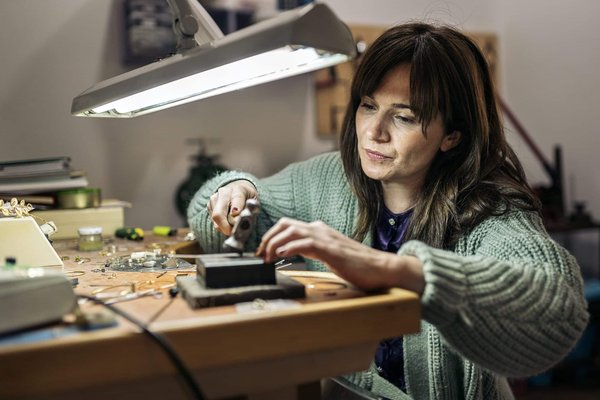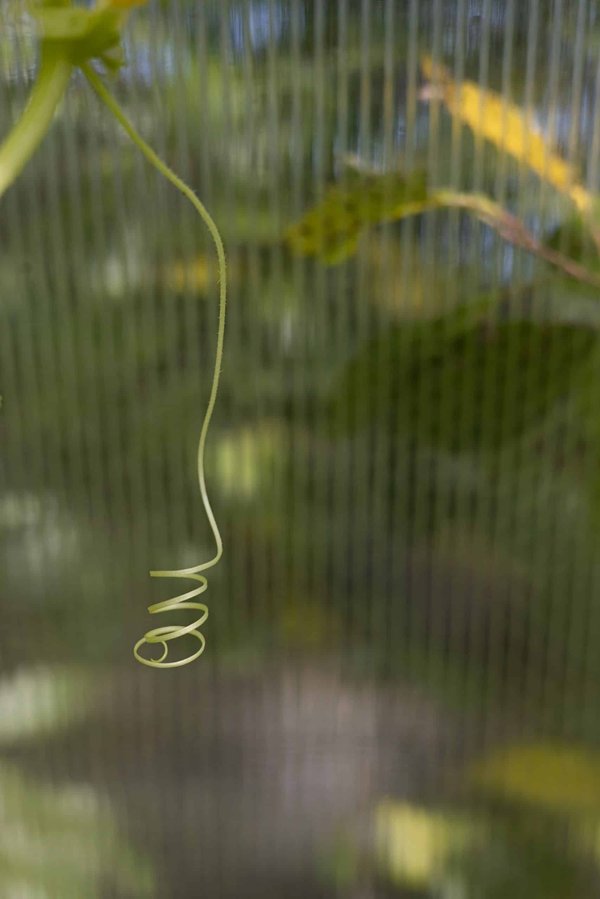
Where Passion Meets Expertise
Freediplomy brings you in-depth articles and expert guides across automotive innovation, business intelligence, and culinary arts. Discover fresh perspectives and practical knowledge to fuel your interests and expand your horizons.
Explore Our Universe of Knowledge
From engine specs to boardroom tactics and kitchen innovations
automotive
Cars, vehicles and driving
View articles →business
Business and economy
View articles →cooking
Recipes and culinary arts
View articles →finance & real estate
Finance, investment and property
View articles →health
Health, wellness and wellbeing
View articles →home & living
Home, decor and lifestyle
View articles →News
Latest news and current events
View articles →pets
Pets, animals and companions
View articles →sports
Sports, fitness and competition
View articles →technology
Tech, gadgets and innovation
View articles →woman / fashion
Fashion, beauty and lifestyle
View articles →Why Readers Choose Freediplomy
We deliver comprehensive content that bridges multiple passions and interests. Whether you're a car enthusiast, aspiring entrepreneur, or home chef, our carefully researched articles provide the insights you need.
- Weekly features on automotive technology and industry trends
- Business analyses covering startups to corporate strategy
- Culinary guides from techniques to global cuisines
- Multi-topic content connecting diverse interests

The automotive content on Freediplomy is outstanding. I've learned more about electric vehicle technology here than anywhere else. The business section has also helped me understand market dynamics better.
Latest articles
Our recent publications

How to Properly Maintain the Carbon Ceramic Brakes on a McLaren 650S for Longevity?
...

What Are the Benefits of Upgrading to Electronically Controlled Dampers in a Jaguar F-Type?

What Are the Most Reliable Quick Shift Kits for a Volkswagen Golf GTI?

How Can UK Pet Grooming Services Increase Brand Loyalty Through Mobile Apps?

How to Leverage Social Listening Tools for UK-Based Consumer Brands?

What Are the Most Effective Upcycling Strategies for UK DIY Craft Businesses?

How to Achieve the Ultimate Fluffy Japanese Soufflé Pancakes?

How to Perfect a Luxurious Truffle Risotto with Homemade Chicken Stock?

What's the Best Method for a Moist Chocolate Beetroot Cake with Ganache Frosting?

How to Leverage Local Arts and Crafts to Enhance Tourism Real Estate Ventures?

What are the Best Practices for Energy Auditing in Historic Buildings?

What Are the Challenges of Incorporating Autonomous Maintenance Robots in Real Estate?

How Can Narrative Exposure Therapy Treat Refugee Children's Trauma?

How Does Virtual Pet Therapy Affect the Well-being of Hospitalized Children?

What Breathing Exercises Can Alleviate Symptoms of Vocal Cord Dysfunction?

How to Create an Aromatic Kitchen Garden with Herbs That Thrive in the UK Climate?

What's the Best Way to Design a Cozy, Low-Maintenance Winter Garden Room?

What's the Best Way to Organize a Home Workshop for DIY Electronics and Robotics?

How to implement sustainable fishing practices in UK's coastal waters?

What are the legal ramifications of AI in UK's justice system?

What's the role of wearable tech in enhancing professional training for UK athletes?

How to Create an Interactive and Safe Outdoor Play Area for a Goldendoodle Puppy?

What Are the Best Supplements for a Dog Recovering from Surgery to Aid Healing?

What's the Best Method to Ease a Dog's Fear of Thunder and Lightning?

How do multi-axial stability exercises prevent knee injuries in professional skiers?

How to tailor strength training for post-menopausal female runners?

What's the role of personalized gene testing in tailoring training for sprinters with different muscle fiber compositions?

How Are Smartwatches Transforming Remote Patient Monitoring in the UK?

How Is Nanotech Improving Air Filtration Systems in UK Public Transportation?

What Advances Are Being Made in Organic Electronics for Flexible Displays?
Start Exploring Today
Dive into hundreds of articles across automotive, business, and cooking. New content added weekly to keep you informed and inspired.
Discover →